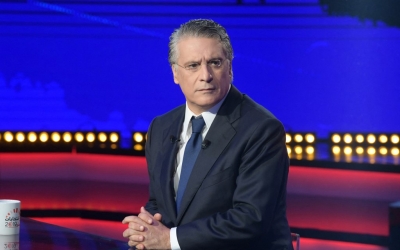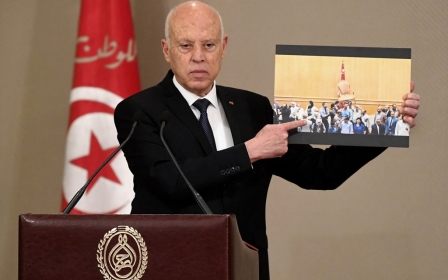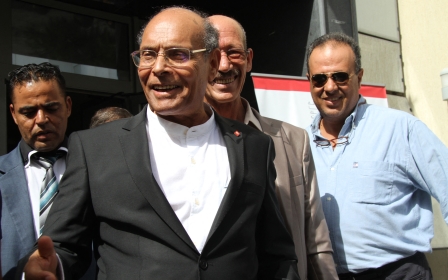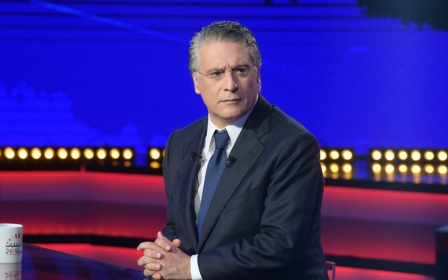Tunisia police fire tear gas at protesters demanding closure of rubbish dump
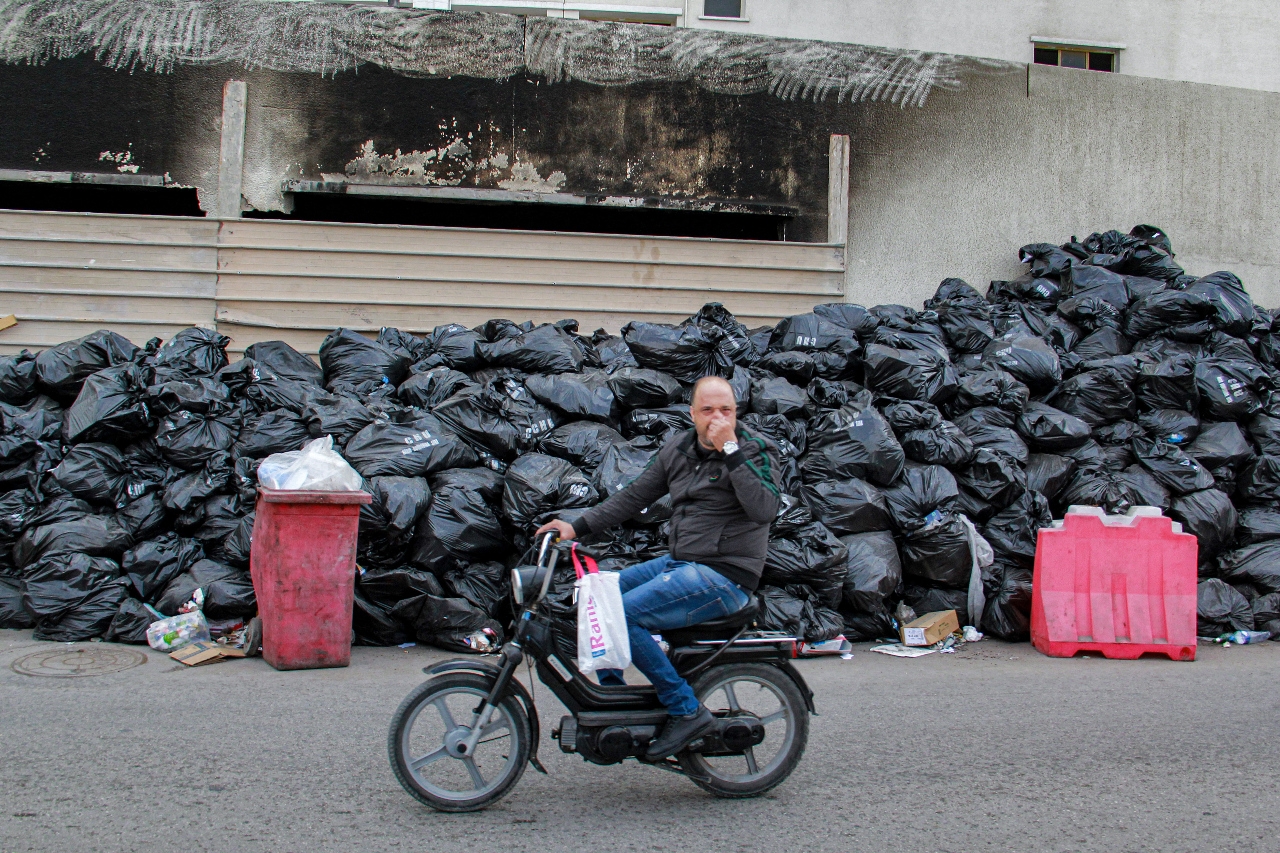
Tunisian police fired tear gas on Monday at protesters, reportedly killing a young man, who were demonstrating against an authority's decision to reopen a controlled landfill in the southern town of Agareb.
Local radio Shems FM, witnesses and the family of the man say he died after being asphyxiated by police using tear gas to break up the protests.
However, the interior ministry said the man had nothing to do with the protests and died at his home, 6km from the demonstrations, because of an emergency health condition.
Protesters set fire to a police station on Tuesday as part of the continued demonstrations, witnesses said.
The powerful UGTT union also called for a general strike in the public and private sectors in Agareb.
The closing of the controlled landfill earlier this year caused thousands of tonnes of household waste to accumulate for about a month in the streets, markets and even hospitals of Sfax, the second-largest city in Tunisia.
The accumulation of waste sparked widespread anger in Sfax, where thousands protested last week saying the authorities were deliberately killing them and violating their rights.
Judicial decision ignored
The Agareb landfill, 20km from Sfax, had been closed after residents complained, saying that diseases have spread and that they are suffering an environmental disaster.
Saied called on the minister of the interior and the prime minister to find an immediate solution.
Late on Monday, the Ministry of Environment reopened the closed landfill, despite a judicial decision prohibiting that, Reuters reported.
Witnesses said when workers began collecting waste and transporting it to Agareb, hundreds of young people gathered, rejecting the decision, which prompted police to fire tear gas to disperse them.
Saied has faced mounting criticism abroad since he assumed executive authority in July, brushing aside most of the constitution to seize near total power.
Saied unveiled a new government in October and has promised a national dialogue, but has yet to lay out a detailed plan to restore normal constitutional order.
Middle East Eye delivers independent and unrivalled coverage and analysis of the Middle East, North Africa and beyond. To learn more about republishing this content and the associated fees, please fill out this form. More about MEE can be found here.


